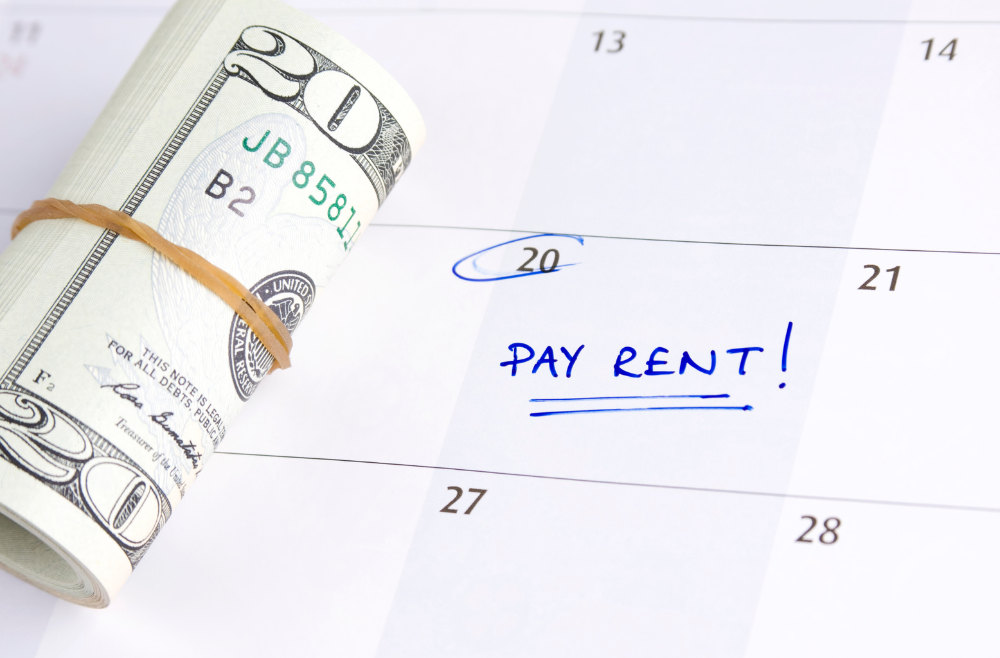What is a 1031 Exchange Calculator?
Many rental property owners underestimate how much tax they might owe when selling an investment property - especially depreciation recapture. A simple “15% capital gains tax” estimate usually misses over half the picture.
To help you understand your true tax exposure and whether a 1031 exchange is worth it, we created a 1031 Exchange Tax Savings Calculator. This tool shows you:
- Your estimated capital gains tax
- Your depreciation recapture tax
- Your total tax bill if you sell outright
- How much tax you could defer with a 1031 exchange
- Whether your planned reinvestment meets the general requirements to keep your exchange fully deferred
Use the calculator and instantly visualize the financial benefit of exchanging vs. selling.
1031 Exchange Tax Savings Calculator
Estimate how much capital gains tax you can defer and see your reinvestment requirements instantly.
1031 Exchange Results
Summary
Depreciation Details
Depreciation Recapture
Long-Term Capital Gain Taxes (No 1031)
Total Taxes If Selling WITHOUT 1031
1031 Exchange Scenario
Based on your inputs, a properly structured 1031 exchange could potentially defer about $0 in taxes. Consult your CPA and a qualified intermediary to confirm.
Disclaimer: This calculator provides educational estimates only and does not constitute tax, legal, or financial advice. Actual tax liability varies by taxpayer. Please consult your CPA or tax advisor for guidance on your specific situation.
Ready to 1031 exchanging your property?




Schedule a call with a Real Estate Investment Expert
- How much tax you can potentially defer with a 1031
- How to calculate your adjusted basis and true gain
- Whether your situation qualifies for a 1031 exchange
- What your replacement property options look like
- How to avoid common IRS timing mistakes that blow an exchange
Fill out the form below to get started.
Understanding 1031 Exchanges
Executing a 1031 exchange correctly can save you ten or even hundreds of thousands of dollars in taxes. But many investors only understand the basics, not the mechanics behind it.
Below, we break down:
- How a 1031 exchange defers taxes
- What counts as “like-kind”
- How depreciation affects your gain
- Timelines, rules, and deadlines
- Alternative reinvestment options like DSTs
- Common mistakes that cause exchanges to fail
How a 1031 Exchange Works
A 1031 Exchange (named after IRC Section 1031) allows you to defer paying taxes when selling an investment property – as long as you reinvest the proceeds into another investment property.
Instead of paying:
- Federal long-term capital gains tax
- State capital gains tax
- Federal depreciation recapture
- State depreciation recapture
…you can defer those taxes by rolling your gains into a new property of equal or greater value.
This keeps more of your money working for you – not the IRS.
Example: Taxes Without a 1031 Exchange
Here’s an example from our webinar:
- Original cost basis: $500,000
- Net proceeds from sale: $1,000,000
- Long-term gain: $500,000
- Total depreciation taken: $116,360
This investor would owe approximately:
- ~$40,000 in depreciation recapture
- ~$120,000 in capital gains tax
Total tax bill: ~$160,000
These numbers are approximate and based on typical tax rates. Your actual tax liability may vary.
1031 Exchange Rules & Requirements
Here are the fundamentals every investor must understand:
1. You must identify replacement property within 45 days
This list becomes locked after Day 45.
2. You must close on your replacement property within 180 days
The 180 days include the first 45 days.
3. The property you buy must be equal or greater in value
To defer all taxes, you must:
- Reinvest all your net proceeds
- Buy a property of equal or greater value
- Replace or exceed your existing loan balance
4. Like-kind is extremely flexible
You can sell:
A single-family rental
… and buy:
A duplex, apartment building, commercial asset, land, etc.
5. You must use a Qualified Intermediary
You cannot touch the sale proceeds – otherwise the exchange becomes taxable.
Alternative: DSTs for Passive Investors
If you’re tired of managing property, a Delaware Statutory Trust (DST) may be a solution.
DSTs allow you to:
- Own fractional shares in institutional-quality real estate
- Enjoy completely passive management
- Still qualify for a 1031 exchange
- Receive regular monthly distributions
- Access large multifamily, medical buildings, industrial assets, and more
The trade-off: DSTs aren’t liquid and usually require a 5–7 year hold.
Key Factors to Consider Before Selling Your Investment Property
Whether you’re planning a 1031 exchange or considering a taxable sale, you’ll want to evaluate:
1. Current and future tax impact
Your capital gains, depreciation recapture, and state taxes.
2. Your long-term investment goals
Do you want:
- More cash flow?
- Less management?
- A better location?
- A larger asset?
3. Financing and leverage
Using new financing can help you trade up into a much larger investment.
4. Market conditions
Supply, demand, interest rates, and timing all matter.
5. Exit strategies
Hold long-term? Exchange again later? Move from active to passive investing?
1031 Exchange FAQs
What does the 1031 exchange calculator actually show me?
It breaks down depreciation, capital gains, recapture tax, total taxes without a 1031, taxable boot, and your estimated tax deferral.
Is the 1031 exchange calculator accurate?
It uses IRS formulas and standard tax rates, but actual numbers vary by taxpayer. Always verify with your CPA.
Can I exchange into multiple properties?
Yes—one to many, many to one, or multiple simultaneous exchanges.
Can I cash out some money and still exchange?
Yes. Any amount you take out becomes boot, which is taxable.
Does a second home qualify?
Only if it meets strict “limited personal use” requirements. Pure vacation homes generally do not qualify.
Can I buy first and sell later?
Yes—via a reverse 1031 exchange, which requires special structuring.
Give us a call for a free consultation!
Our team is ready to help!

Ryan Prazen
Director of Real Estate Sales
- (858) 207-4595
- ryan.prazen@glrealtysd.com
- DRE #01738265
Good Life Blogs
We believe that education is empowering.
Check out our list for San Diego military discounts! San Diego is home to over 115,000 service members. In this article, we share 75 deals and discounts in San Diego, California for active duty and military veterans.
Renting out property can be a lucrative venture. But when tenants fall behind on payments, it can quickly become a stressful and complicated ordeal. In this comprehensive guide, we’ll walk you through the steps to take when you tenant doesn’t pay rent.
When deciding whether or not to hire a property manager, the first thing on everyone’s mind is property management cost. In this article, we break down what kind of fees you will encounter if you hire a property manager.


